
Find A Professional
More Items From Ergsy search
-

What types of nuts can cause allergies?
Relevance: 100%
-

Can nut allergies be outgrown?
Relevance: 90%
-

Are nut oils safe for people with nut allergies?
Relevance: 88%
-

Can tree nuts and peanuts cause cross-reactions?
Relevance: 85%
-

Can nut allergies develop later in life?
Relevance: 84%
-

What are Nut Allergies?
Relevance: 83%
-

What is the difference between a nut allergy and intolerance?
Relevance: 75%
-

Is there a cure for nut allergies?
Relevance: 73%
-

How can nut allergies be managed?
Relevance: 64%
-

What should I do if I think I have a nut allergy?
Relevance: 63%
-

How can I prevent cross-contamination with nuts in the kitchen?
Relevance: 56%
-

What are the symptoms of a nut allergy?
Relevance: 56%
-

What foods should I avoid if I have a nut allergy?
Relevance: 55%
-

How is a nut allergy diagnosed?
Relevance: 54%
-

Is epinephrine the only treatment for severe nut allergy reactions?
Relevance: 48%
-

Is it safe to eat foods labeled as 'may contain nuts'?
Relevance: 47%
-

Are there any recent treatments or research developments for nut allergies?
Relevance: 41%
-

What should I tell my family and friends about my nut allergy?
Relevance: 38%
-

What global organizations are involved in Nipah Virus research?
Relevance: 38%
-

What research is being done on the Marburg virus?
Relevance: 37%
-
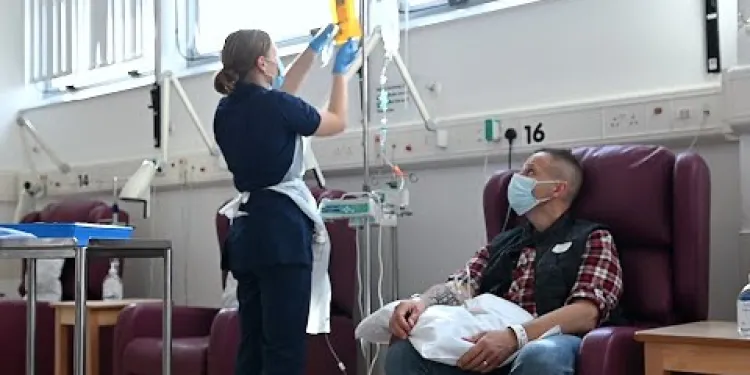
Having chemotherapy and other treatments in the Day Treatment Unit
Relevance: 37%
-

Breakthrough Cancer Treatment Shows Promise for NHS Patients
Relevance: 34%
-

What treatments are covered by the NHS dental service?
Relevance: 34%
-

Cancer treatment: what happens during radiotherapy? | NHS
Relevance: 33%
-

What are Dairy Allergies?
Relevance: 33%
-

How are food allergies managed in UK schools?
Relevance: 32%
-

What if I have an egg allergy, can I still get the flu vaccine?
Relevance: 32%
-

Do NHS dentists cover cosmetic treatments?
Relevance: 31%
-

Has a vaccine been developed against Nipah Virus?
Relevance: 30%
-
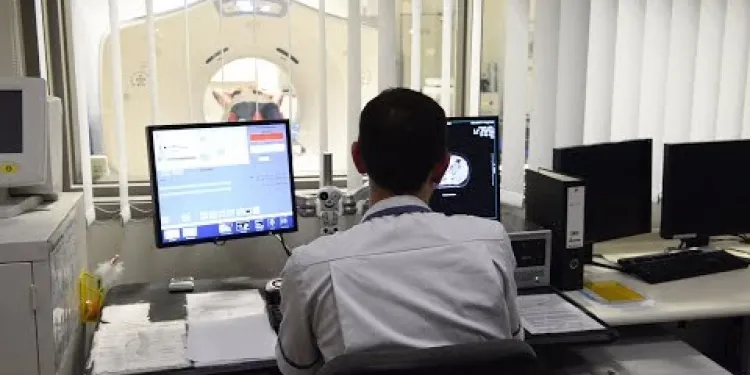
Having radiotherapy for breast cancer - 3 Videos
Relevance: 30%
-

Dealing with Seasonal Allergies
Relevance: 30%
-

What is the new treatment for hepatitis C like?
Relevance: 30%
-
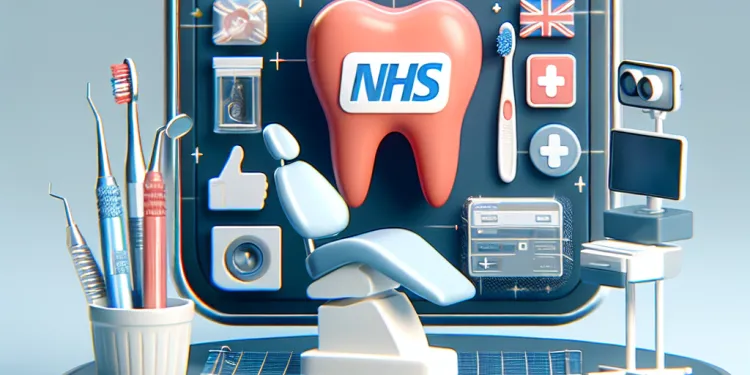
Are there any extra charges for NHS dental treatments?
Relevance: 30%
-

Is it possible to be allergic to the sun?
Relevance: 30%
-
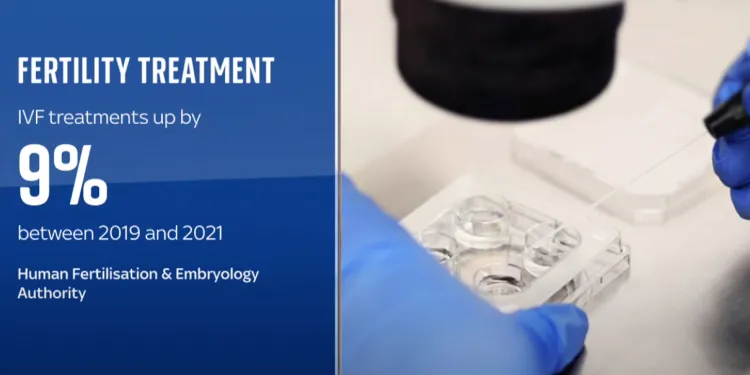
Fertility treatments on the up, but not via the NHS
Relevance: 27%
-
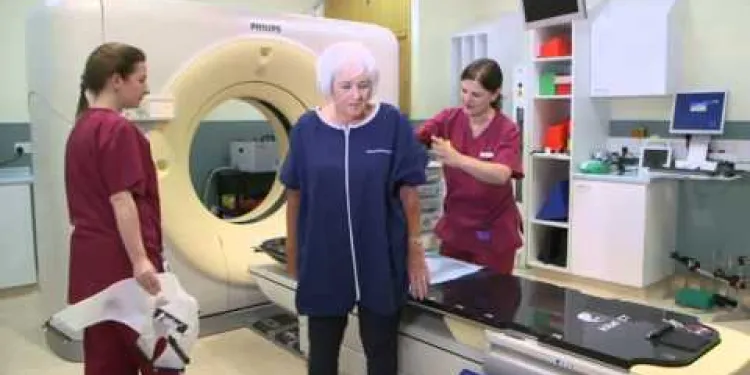
Radiotherapy to the Head and Neck: A Guide for patients and their carers
Relevance: 27%
-

Royal Berkshire NHS Foundation Trust: Radiotherapy for prostate cancer
Relevance: 26%
-

Radiotherapy Services at University Hospital
Relevance: 26%
-
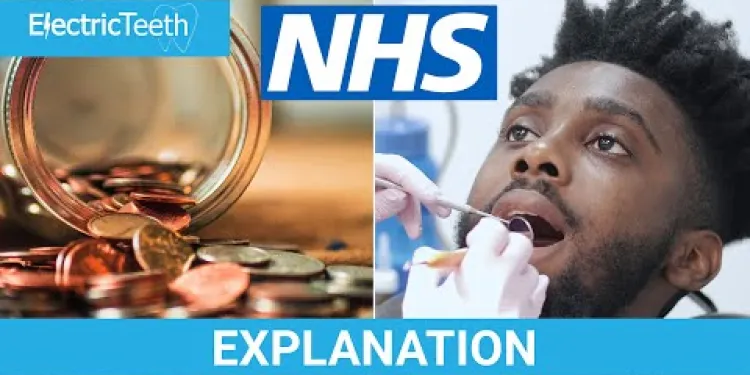
NHS Dental Charges Explained
Relevance: 26%
-

Eating disorders: treatment
Relevance: 25%
Understanding Nut Allergies
Nut allergies are a significant health concern affecting many individuals across the UK and globally. They are among the most common food allergies, leading to potentially severe allergic reactions. These reactions can range from mild symptoms, such as hives and itching, to more severe reactions, such as anaphylaxis. Anaphylaxis is a life-threatening condition that requires immediate medical attention. Research into nut allergies is ongoing, as scientists and medical professionals strive to find effective treatments and potential cures.
Oral Immunotherapy Advancements
One of the most recent developments in the treatment of nut allergies is oral immunotherapy (OIT). This approach involves administering gradually increasing amounts of the allergen in a controlled setting, with the aim of desensitising the immune system to the allergen over time. Recent studies have shown promise in increasing the threshold of allergic reaction in some patients, effectively reducing the sensitivity and risk of severe reactions. However, OIT is not a cure and must be carefully managed by healthcare professionals. It may not be suitable for everyone, and ongoing medical supervision is necessary.
Epicutaneous Immunotherapy
Epicutaneous immunotherapy (EPIT) is another treatment method under investigation. This involves the application of a patch containing small amounts of the allergen to the skin. EPIT aims to desensitise the immune system through the skin’s natural barrier. The advantage of this method is its non-invasive nature and potentially fewer side effects compared to oral methods. Research into EPIT continues, with clinical trials underway to determine its efficacy and safety for nut allergy sufferers.
Biomarker Research
Research into biomarkers for nut allergies is an emerging area with potential to transform how allergies are diagnosed and monitored. Biomarkers are biological indicators, often identified through blood tests, that can provide insights into the presence and severity of an allergy. The identification of specific biomarkers for nut allergies could lead to more accurate diagnosis and personalised treatment plans, improving outcomes for patients. This research is in the early stages, but it holds promise for the development of targeted, more effective therapies.
Regulatory Approval and Clinical Trials
Many of the new treatments for nut allergies are still undergoing clinical trials and awaiting regulatory approval in the UK. The Medicines and Healthcare products Regulatory Agency (MHRA) plays a critical role in this process, ensuring that new treatments are safe and effective. Patients interested in participating in clinical trials should consult with their healthcare providers. Ongoing research and developments continue to offer hope for those affected by nut allergies, promising new strategies and therapies that may improve quality of life.
Understanding Nut Allergies
Some people have nut allergies. This means they can't eat nuts. It makes them sick. Many people in the UK and around the world have this problem. Nut allergies are serious. They can make you itch, get a rash, or have trouble breathing. If it's very bad, it’s called anaphylaxis, and you must see a doctor right away. Scientists are trying to find new ways to help people with nut allergies.
Oral Immunotherapy Advancements
Doctors have a new way to help with nut allergies. It is called oral immunotherapy, or OIT. With OIT, you take tiny amounts of nuts under careful watch. This helps your body get used to nuts. It might make you less sensitive to them. But, it doesn't mean you're cured. You still need to see your doctor. OIT is not safe for everyone.
Epicutaneous Immunotherapy
There is another new way to help called epicutaneous immunotherapy, or EPIT. With EPIT, you wear a patch on your skin. The patch has a tiny bit of nut on it. This might help your body get used to nuts. EPIT doesn't hurt and may have fewer side effects than taking nuts by mouth. Scientists are still studying EPIT to see how well it works and if it is safe.
Biomarker Research
Scientists are looking for special signs called biomarkers. Biomarkers help doctors see if someone has a nut allergy. They might use a blood test to find these signs. Knowing more about biomarkers could help doctors better understand nut allergies and help people get the right treatment. This research is just starting, but it could help a lot in the future.
Regulatory Approval and Clinical Trials
New treatments for nut allergies are being tested in clinical trials. They need to be approved by the Medicines and Healthcare products Regulatory Agency (MHRA) in the UK. This group makes sure the treatments are safe. If you want to join a clinical trial, talk to your doctor. Scientists are working hard to find new ways to make life better for people with nut allergies.
Frequently Asked Questions
Useful Links
- Ergsy carfully checks the information in the videos we provide here.
- Videos shown by Youtube after a video has completed, have NOT been reviewed by ERGSY.
- To view, click the arrow in centre of video.
- Most of the videos you find here will have subtitles and/or closed captions available.
- You may need to turn these on, and choose your preferred language.
- Go to the video you'd like to watch.
- If closed captions (CC) are available, settings will be visible on the bottom right of the video player.
- To turn on Captions, click settings .
- To turn off Captions, click settings again.
More Items From Ergsy search
-

What types of nuts can cause allergies?
Relevance: 100%
-

Can nut allergies be outgrown?
Relevance: 90%
-

Are nut oils safe for people with nut allergies?
Relevance: 88%
-

Can tree nuts and peanuts cause cross-reactions?
Relevance: 85%
-

Can nut allergies develop later in life?
Relevance: 84%
-

What are Nut Allergies?
Relevance: 83%
-

What is the difference between a nut allergy and intolerance?
Relevance: 75%
-

Is there a cure for nut allergies?
Relevance: 73%
-

How can nut allergies be managed?
Relevance: 64%
-

What should I do if I think I have a nut allergy?
Relevance: 63%
-

How can I prevent cross-contamination with nuts in the kitchen?
Relevance: 56%
-

What are the symptoms of a nut allergy?
Relevance: 56%
-

What foods should I avoid if I have a nut allergy?
Relevance: 55%
-

How is a nut allergy diagnosed?
Relevance: 54%
-

Is epinephrine the only treatment for severe nut allergy reactions?
Relevance: 48%
-

Is it safe to eat foods labeled as 'may contain nuts'?
Relevance: 47%
-

Are there any recent treatments or research developments for nut allergies?
Relevance: 41%
-

What should I tell my family and friends about my nut allergy?
Relevance: 38%
-

What global organizations are involved in Nipah Virus research?
Relevance: 38%
-

What research is being done on the Marburg virus?
Relevance: 37%
-

Having chemotherapy and other treatments in the Day Treatment Unit
Relevance: 37%
-

Breakthrough Cancer Treatment Shows Promise for NHS Patients
Relevance: 34%
-

What treatments are covered by the NHS dental service?
Relevance: 34%
-

Cancer treatment: what happens during radiotherapy? | NHS
Relevance: 33%
-

What are Dairy Allergies?
Relevance: 33%
-

How are food allergies managed in UK schools?
Relevance: 32%
-

What if I have an egg allergy, can I still get the flu vaccine?
Relevance: 32%
-

Do NHS dentists cover cosmetic treatments?
Relevance: 31%
-

Has a vaccine been developed against Nipah Virus?
Relevance: 30%
-

Having radiotherapy for breast cancer - 3 Videos
Relevance: 30%
-

Dealing with Seasonal Allergies
Relevance: 30%
-

What is the new treatment for hepatitis C like?
Relevance: 30%
-

Are there any extra charges for NHS dental treatments?
Relevance: 30%
-

Is it possible to be allergic to the sun?
Relevance: 30%
-

Fertility treatments on the up, but not via the NHS
Relevance: 27%
-

Radiotherapy to the Head and Neck: A Guide for patients and their carers
Relevance: 27%
-

Royal Berkshire NHS Foundation Trust: Radiotherapy for prostate cancer
Relevance: 26%
-

Radiotherapy Services at University Hospital
Relevance: 26%
-

NHS Dental Charges Explained
Relevance: 26%
-

Eating disorders: treatment
Relevance: 25%